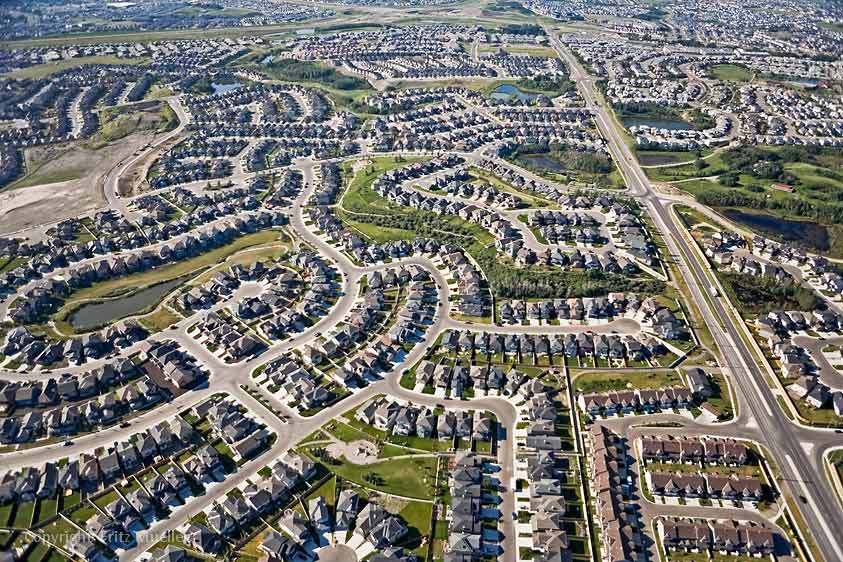Participate early on:
Too often citizens get involved at the end of development process when the developer has hired engineers, architects and spent thousands in design work. By this time, both parties are entrenched in their positions and negotiation is difficult. Being proactive helps citizens and developers reduce the time and money spent fighting.
In our “Beyond the Backyard” conference in April 2018, renown urban designer and author, Ken Greenberg spoke to the audience about a three-stage engagement process that is effective in achieving win-win development solutions early in the design process.
It involves three meetings between the developer and the community:
- Meeting one: the public, municipality and developer engage before there is a plan or design to discuss context, understand the surroundings, discuss principals of design, and how the development could be shaped.
- Meeting two: the developer presents a few initial plans to the public. They discuss development concepts and talk about how design can solve potential problems, e.g. noise, parking issues, shadowing, and nature protection.
- Meeting three: the developer brings a revised scenario to the public and allows community input to refine the design.
The engagement process must be iterative, building on each meeting. At the end of the third meeting, the development application is submitted.
Watch renowned urban designer and author, Ken Greenberg talk about citizen engagement in the planning process.
Others have suggested council should hold a meeting with citizens prior to making a decision to see if there are still revisions needed that could be accommodated by the developers.
Growing up, not out:

If we grow up, we can reduce the amount of farmland that is paved over. A town can double its population and increase local jobs by building two to three-storey mixed-use buildings on Main Street, allowing basement apartments and encouraging appropriate infill. Building up around transit stations provides accessible housing for seniors and young people. The alternative – building new highways on farmland that encourages housing far away from cities and transit – is not sustainable.
Some municipalities are leading the way towards smarter growth. Other towns are looking for ways to move forward. As a citizen, you can encourage the leaders in your community to be bold and change your growth patterns away from sprawl. Speak up, encourage and support implementation of the Growth Plan and its density targets.
If you live in a city that is doing good things like Guelph or Kitchener-Waterloo, let us know about local initiatives. Share stories from your experiences about how communities have embraced smarter growth.
As a citizen, you can get involved by:
- Asking your municipality, through your Councillor, to encourage developers to hold pre-consultation meetings with the public.
- Holding a “kitchen table meeting” about community building.
- Participating on a local planning advisory body.
- Joining a community group or starting your own residents groups.
- Asking your municipality to sincerely share information, reach out and incorporate feedback on municipal exercises.
- Sharing the resources on our website.
- Writing a letter to the editor of your local newspaper to call out poor development or to celebrate smarter growth.
Click on the sections below for more information:


